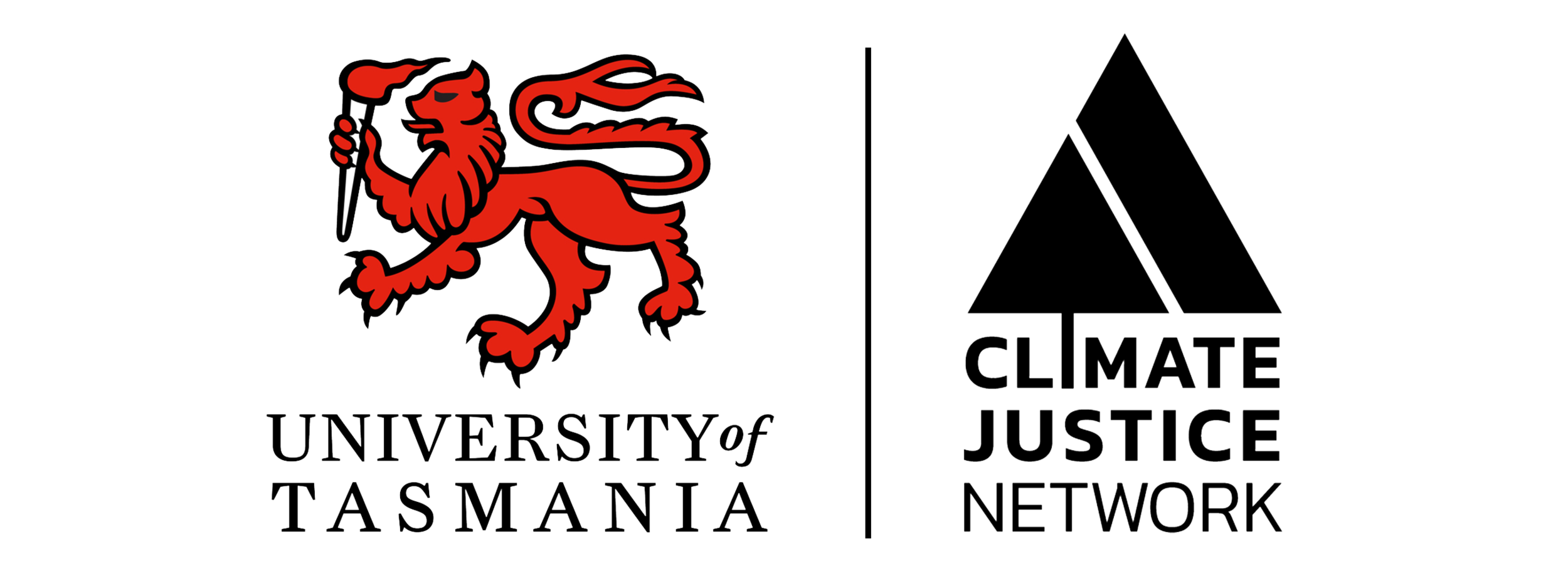We are delighted to announce the launch of the Climate Justice Special Issue of the University of Tasmania Law Review. This special issue entitled 'Imagining a Different Future: Overcoming Barriers to Climate Justice’ grew out of our climate justice conference in 2018. The Special Issue is available in print and has also been made available free online to ensure wide dissemination because of the urgency of climate change and the importance of justice considerations.
Articles
Justice and Climate Transitions by Jeremy Moss and Robyn Kath
Climate, Culture and Music: Coping in the Anthropocene by Simon Kerr (Non-Peer Reviewed Article)
Many thanks to all the contributors and our editors Kathryn Ellis, Frances Medlock, Rose Mackie and Taylor Bachand for their editorial and administrative assistance.
An electronic copy of the special issue is available on the University of Tasmania Law Review website.
